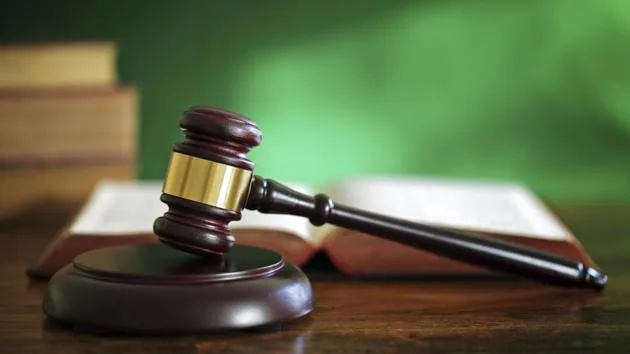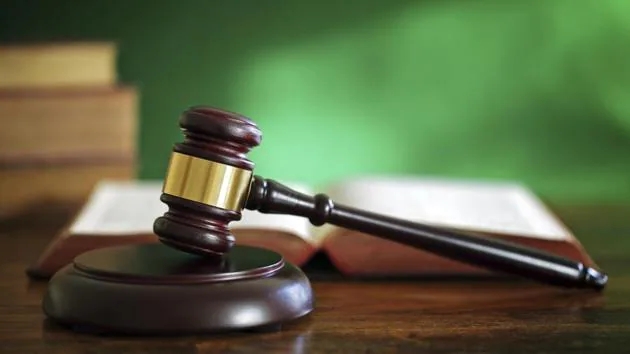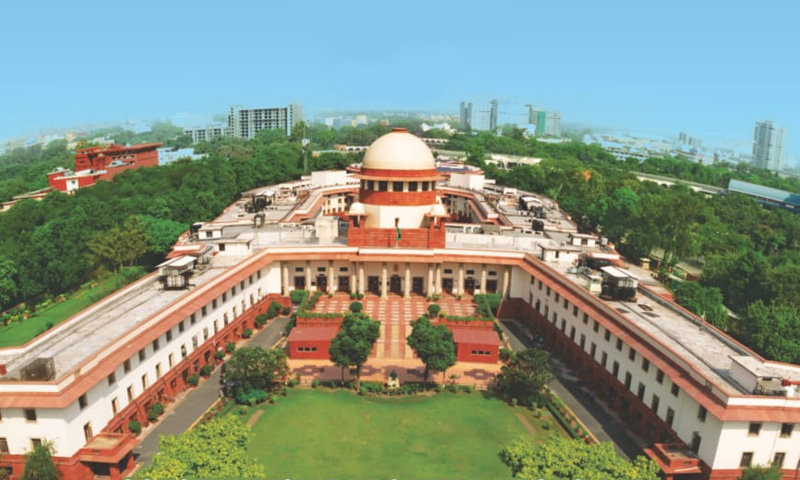
Spare us, My Lord!
Judicial reforms that entail clearing large pendency and delivering justice to the last man standing in antyodaya spirit should be the focus.
K.A.Badarinath
Is holding a view opposed to Justice J.B.Pardiwala an equivalent of media trial by default? Do live wire TV debates or instant digital media scrutiny of honourable judges’ comments translate to holding ‘kangaroo courts’?
Well, these are larger questions of interpretation especially after Chief Justice of India N V Ramana took TV and digital media to task while delivering a lecture at Ranchi.
After the ‘Kangaroo courts’ comment of Justice Ramana, key point to ponder was if media in India overstepped their mandate and hurt the essentials of democracy? If yes, then what are the corrective measures that should be put in place as part of course correction?
Or, should our judges and judiciary reconcile and adapt to ‘real time media coverage and scrutiny’ of controversial issues that engulf our society?

Well, the jury is out. Is instant and incessant analyses of issues by hyper-active media same as holding Kangaroo courts? A quick search on the internet said that Kangaroo courts were ‘unofficial courts of law’ or punishment by hanging without due process.
Ochlocracy, lynch laws or criminal syndicalism are other thesaurus synonyms for Kangaroo courts. A loose definition of criminal syndicalism was doctrine of criminal acts to advocate crime, sabotage, violence and other unlawful methods of terrorism.
Has Indian media been so irresponsible that it functioned like Kangaroo courts? Well, as a practicing newsman for over 35-years, it’s an unpardonable insult to call our body of professional work as Kangaroo court delivering judgment without due process.
Media in India’s thriving and chaotic democracy pre and post-independence has played a significant role in upholding societal values, subjecting every institution to scrutiny including the judiciary. Most scams were unearthed by very serious and alert news professionals and media houses risking their lives.
Otherwise, the Rs 133 crore urea scam involving the then Prime Minister would not have hogged headlines. Corrupt Bofors deal that seriously compromised India’s security apparatus would not have got exposed. Investigation into allocation of spectrum would not have happened. Serious irregularities in purchase of fodder would not have seen light. ‘Sweet heart deals’ owing to politicians and bankers nexus were uncovered only due to hard work of media organizations and enterprising serious journalists My Lord!
Media and journalists were the biggest victims of anti-democratic internal emergency imposed on June 26, 1975 following the ouster of Indira Gandhi owing to electoral malpractices through an Allahabad High Court verdict.
Media role in independence movement can never be ignored nor needs amplification. Majority media houses – print, electronic, digital and social – have largely been serious players with a purpose as pursuit of objective journalism is too sacred for hard core newsmen and women. Like majority of judges and judiciary is serious about its profession of delivering flawless justice, serious media players are driven by commitment and conviction.
Both, media and judiciary will have to co-exist with equanimity as equitable stakeholders in Indian democracy along with the executive and legislature. Respecting each other’s work and professional ethics and operating in their space recognizing the inter-linkages is something that needs to evolve organically and without a blemish.

Stepping on each other’s toes or name calling may not be the best solution My Lord! One would tend to agree with Union Information and Broadcasting minister Anurag Singh Thakur that self-discipline and self-regulation should be the buzz words for meaningful media contribution to the narrative and conversations.
Several reforms in media have become operative after the pre-British days’ First Press Regulation of 1799. Press and Regulation of Books Act of 1867 coupled with various provisions under Indian Penal Code of 1860 paved the way for an organized media in this country.
Post-independence, there have been several changes to press laws. Newsmen and media have largely followed a particular path to strengthen Indian democratic traditions, objectivity and keep the discourse in public space intact.
In this context, a clear distinction needs to be made between judicial activism, restraint and overreach. This may not be limited to the relationship between judiciary, executive and the legislature. Free and responsible media is also an important organ that makes the circle complete.
Justice S.N.Aggarwal recently pointed to citizens overlooking the fallibility of judicial officers considering the judge as the supreme, the primus inter pares that gets to have the last word especially on issues of public importance.
Scrutiny, restraint and self-regulation are what the doctor prescribed for each of the democratic organs and not just the media or journalists. For instance, should Justice J.B.Pardiwala not have given enough thought before making a scathing remark on Nupur Sharma’s utterances of Prophet Mohammad? Do we expect citizens and readers to endorse Madras High Court calling Election Commission of India as an institution of ‘murderers’ holding it solely responsible for second wave of Covid 19 spread?
Justices D Y Chandrachud and M R Shah had rightly taken the line that judges need to be cautious about making off the cuff remarks that may be subject to interpretation and scrutiny. The learned judges have carefully noted that hysteria and chaos should not be result of even unintended comments made by the Lordships.
Reforms in judiciary should be prima donna focus of the judiciary rather than satiating to the urge for hitting headlines day after day on each and every issue. These judicial reforms will have to lead to delivery of justice to last man standing in the queue of hundreds of thousands waiting to be heard.
Introspection into workings of the judiciary should pre-occupy our top judicial minds rather than resorting to flippant comments on the media or transgressing into domains of legislature or executive. Ending huge pendency of cases at each level beginning with mofussil courts should become the priority.
Setting its own house in order with reforming its processes from filing of a petition to delivery of justice must be pursued on mission mode.
(This article is authored by KA Badarinath, Director and Chief Executive of Centre for Integrated and Holistic Studies, a non-partisan think tank based in New Delhi. All views are personal.)

